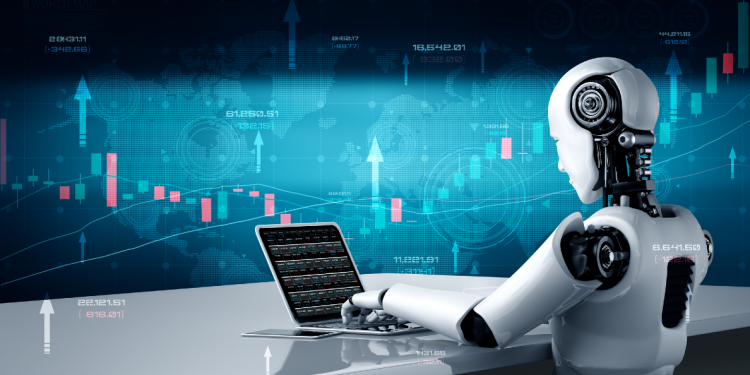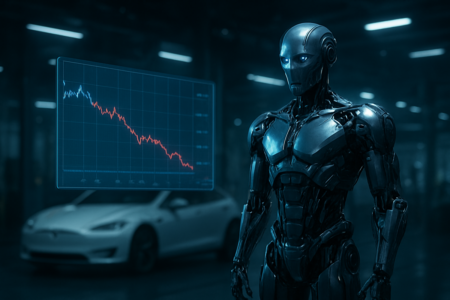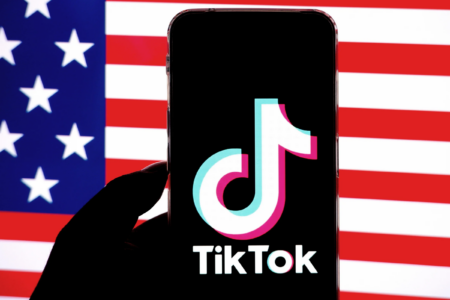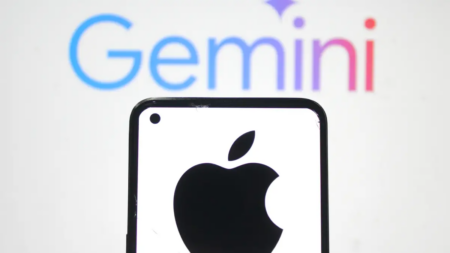Artificial intelligence (AI) has caused some disruption in the job market, but experts say the recent slowdown in hiring is large due to economic uncertainty rather than AI itself.
Cory Stahl, Chief Economist at the job search platform Indeed, stated: “When we look at the broader labor market, AI’s impact remains relatively limited.
That doesn’t mean it’s zero, but it’s not the main factor.”
Career coach Mandy Woodruff-Santos agrees, adding: “I don’t think AI is the main cause.
The real issue is economic uncertainty.”
US Job Market Trends
The U.S. economy added only 22,000 jobs in August 2025, while the unemployment rate rose to 4.3%, according to the Bureau of Labor Statistics.
Economists surveyed by Dow Jones had expected a gain of 75,000 jobs.
Current employees display mixed behavior.
Some exhibit job holding, holding tightly to their positions, while others engage in quiet quitting, a trend of disengagement and reduced productivity.
Experts note that economic uncertainty has discouraged employees from leaving their jobs and made companies more cautious in hiring.
Woodruff-Santos explained: “No company knows what the next administration will do with the economy, so hiring practices are extremely cautious.”
AI’s Influence on the Workforce
Although some companies have laid off workers to implement AI technologies, the effect is mainly concentrated in the technology sector.
For example, Salesforce CEO Marc Benioff reported cutting about 4,000 customer service jobs due to AI adoption.
Research also indicates that younger employees, aged 22–25, are most affected, experiencing a 13% drop in hiring for AI-prone roles, while experienced professionals remain stable.
Stahl emphasized that the technology sector is not large enough to significantly affect overall workforce trends.
Read also: Global eSIM Market to Surpass $4.4 Billion by 2030 – What’s Next ?
AI-Driven Layoffs and Workforce Adaptation
A March 2025 analysis by nonprofit CompTIA found that “net tech employment” makes up only 5.8% of the total workforce.
For AI-driven layoffs to have a widespread impact, they would need to extend into industries such as retail and marketing.
Reports from the Brookings Institution suggest that employers may prefer reskilling employees rather than laying them off, as AI can enhance human work instead of replacing it entirely.
Preparing for AI in the Workplace
Experts recommend that employees develop AI skills relevant to their industry. Woodruff-Santos advises taking online courses, participating in webinars, or testing free AI tools to learn how AI can complement their roles.
Stahl adds: “We’re seeing growing demand for AI-related skills. Adapting early gives employees a competitive advantage in the rapidly evolving labor market.”








